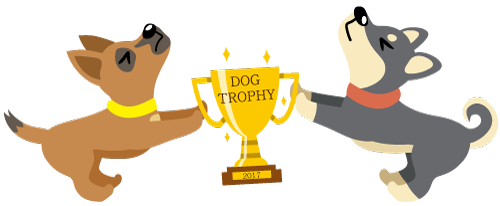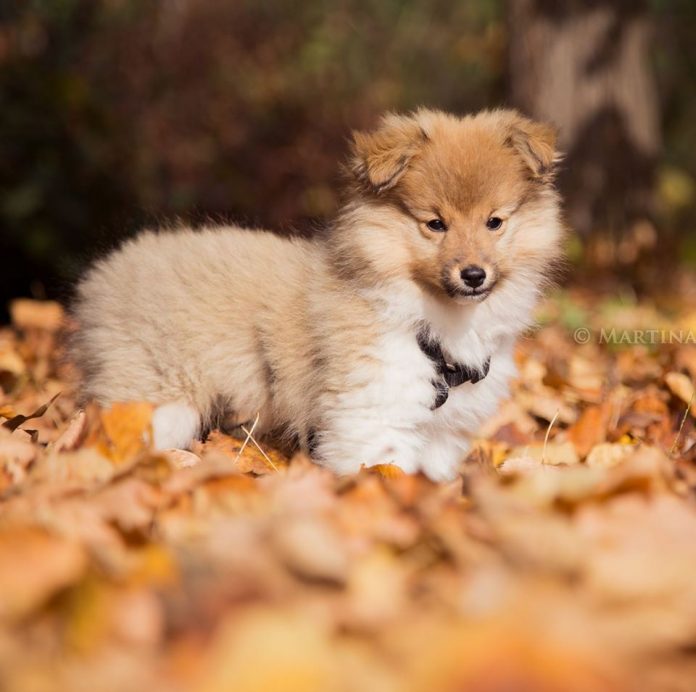Raise a dog can be a tricky process but with enthusiasm and big effort, you will accomplish the mission to raise a champion dog. The arrival of the first four-legged family member in your home is initially a hard and challenging experience, especially if you have never had a dog before. That is why we are here to help you with useful tips.
With a little patience, you will have the best puppy in the world, and of course, when he grows up, a well-behaved and playful dog – a best friend!Raise a dog can be a tricky process but with enthusiasm and big effort, you will accomplish the mission to raise a champion dog.
When a puppy comes to your home, training at home is most important. Here you lay the foundations of his behavior for the rest of his life. Keep in mind that smaller breeds are a bit more difficult to raise and train. Be consistent, do not change the rules and the most important step is to teach the dog where the place of emergency is.
Match your biorhythm with the puppy – as soon as he gets up, take him to the terrace or another place in the apartment where the diaper is. Then, when eating – head to the same place. Also, be careful not to lose sight of him while he is a puppy because he can get injured in the apartment because he will constantly explore the new space.
Always reward your dog’s desirable behavior and obedience. The reward is primarily food, but also a nice word and cuddling. If he barks or jumps, and you don’t want to, don’t pay attention, but try to ignore this behavior and direct the dog to the desired activity.
Build his confidence. A dog that is self-confident is a relaxed and happy dog. Naughty dogs are usually like that out of fear, not because they are born rude or aggressive. Remember that dogs are constantly “reading” our facial expressions and movements. When you are near a large dog, encourage their interaction. When you are relaxed your dog is too. If you panic, your dog will react in the same way.
The key period of a dog’s socialization is up to 12 or 16 weeks of age. So as soon as the puppy comes to your home (between the first and 12th week of life), surround it with people, children, and other dogs. Take him with you to get used to the sounds of traffic, different places…
One of the useful tips is to get a transporter that you will probably use for travel later in life, so it will be much easier for your dog and you to fall for it if you get used to it when it is small. Put the blanket in the conveyor and put it in a quiet place in the house, so this corner can be a quiet and hidden place to rest. If he is suspicious at first, “lure” him with treats that you will leave inside, your favorite toys or a blanket with familiar smells.
Teach him the basic commands. The first is Dodge, which is useful in many ways, primarily for safety when you are outside or near the street. Also, the Sit command is more than useful, especially when you eat, when your guests come… Set aside at least five minutes each day to learn and repeat the command. This is a great way to mentally train and the best way to get closer to a dog.
Timing is everything. As soon as your dog does something good – repeat the command and obeys you, reward him in the same seconds because that is the only way he will connect the reward with the action done. Never punish a dog if, when you return home, you find, for example, a scattered newspaper or a bitten shoe.
The dog does not know what he did wrong unless you catch him in the act and correct his behavior at the same time. Never shout or use force, but direct the dog to the other side, towards constructive activities.
Consistency, consistency, consistency! Establish rules and always stick to them. There are no exceptions. If you do not want your dog to climb on the bed, never allow him to climb on the bed.
When you give the puppy to eat, pour the food into the bowl, let him eat some, and then take the bowl. After a few moments, put some delicious treats in it and return the bowl to him. Repeat this until the dog realizes that the bowl should not be kept in any way, but that he knows that he will eat when it is time to eat and that he will get it back if someone takes it from him.





